10 Things We Learned From US Intelligence’s Covid “Lab Leak” Report From People “Briefed on the Material”
Here is what we know.

The search for the origins of the coronavirus pandemic has been a complex and frustrating endeavor for US intelligence agencies. Despite efforts during the Trump and Biden administrations, no definitive answers have emerged regarding whether the virus escaped from a lab or had a natural transmission.
This week, intelligence agencies are expected to release declassified material. The New York Times managed to contact individuals briefed on the material. Here are 10 things we have learned from the recent revelations.
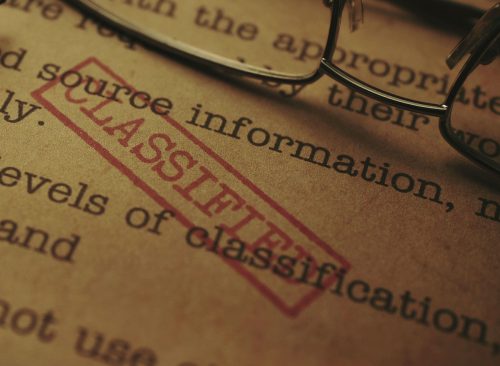
According to NYT, the declassified material does not provide a definitive conclusion on the origins of the virus. Intelligence agencies lack a body of evidence that definitively points to a lab leak or natural transmission as the more likely origin.
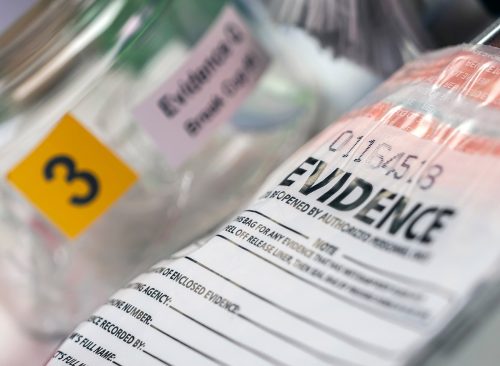
Senior intelligence officials are increasingly convinced that no single piece of evidence will solve the puzzle of Covid’s origins. China’s obstruction of investigations and the destruction of virus samples have hindered progress.
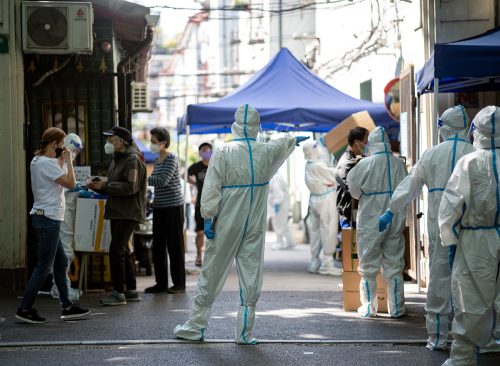
American intelligence officials believe that the Chinese government impeded efforts to understand the virus’s origins. They refused to gather crucial information and sought to influence the World Health Organization’s investigation.
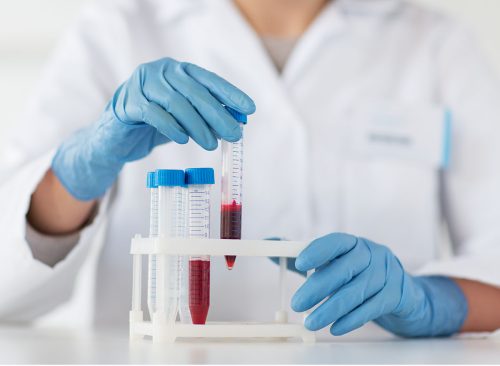
China’s reluctance to open its labs to outside investigators raises suspicions of a cover-up. The failure to cooperate fuels speculation that the virus may have accidentally leaked from a lab.

Initial investigations pointed to the possibility of transmission at animal markets, particularly the Huanan Seafood Wholesale Market in Hubei province. However, newer scientific findings have supported this theory.

A Government Accountability Office report highlighted the Wuhan Institute of Virology’s failure to provide information on potentially dangerous pathogens. The lab had received US government funding and exceeded safety thresholds in some research.

Reports of researchers from the Wuhan Institute of Virology falling ill in 2019 were dismissed by intelligence analysts as not relevant to determining the origin of the virus. These cases neither support the lab leak theory nor natural transmission.

US officials acknowledge that their intelligence collection on the Wuhan labs was not a priority before the pandemic. China’s tight control over information sources further limited their access to crucial evidence.

Intelligence collected by US agencies revealed a high level of tension between local officials in Wuhan and Beijing’s leaders during the early stages of the pandemic. Local officials sought to downplay the severity of the situation.
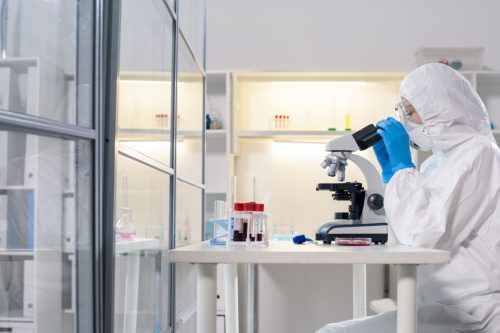
While the current revelations do not provide a clear answer, officials suggest that new evidence could still emerge in the future. However, the likelihood of discovering significant new information diminishes as time passes.
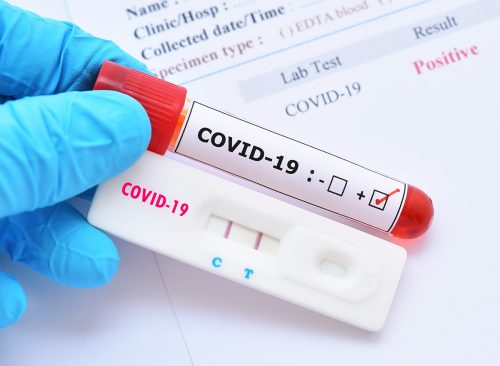
The material on Covid’s origins has shed light on the challenges faced by US intelligence agencies in uncovering the truth. The absence of a smoking gun and the obstruction by the Chinese government have hampered progress. While the revelations do not provide a conclusive answer, they underscore the complexity of the issue and the need for continued international cooperation and transparency to prevent and address future pandemics effectively.














